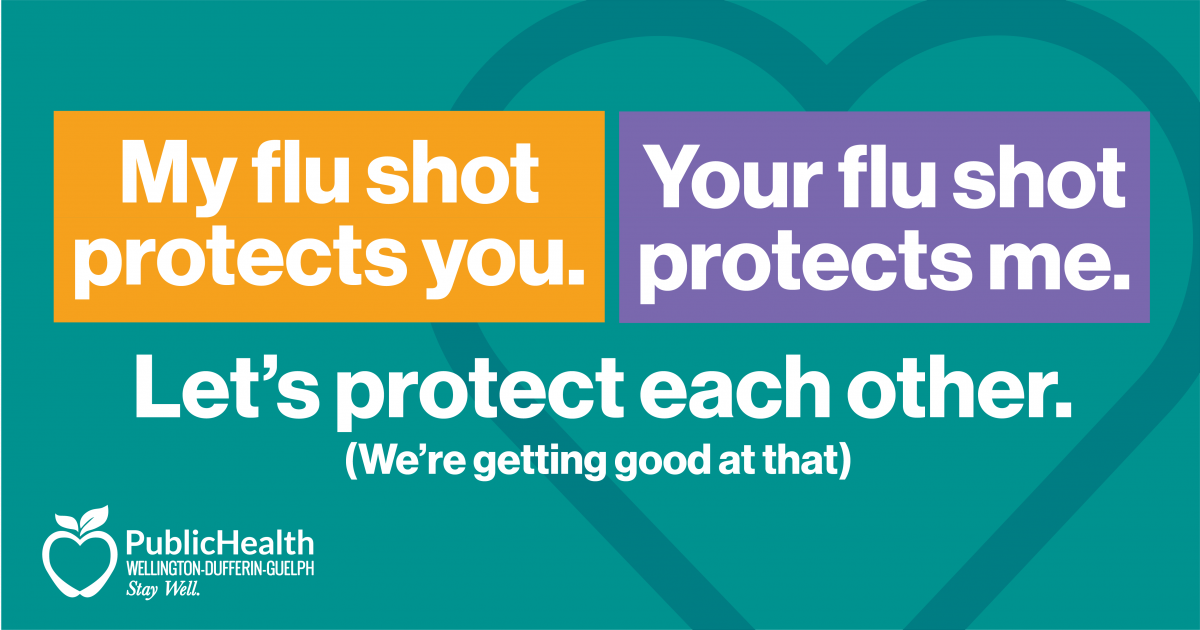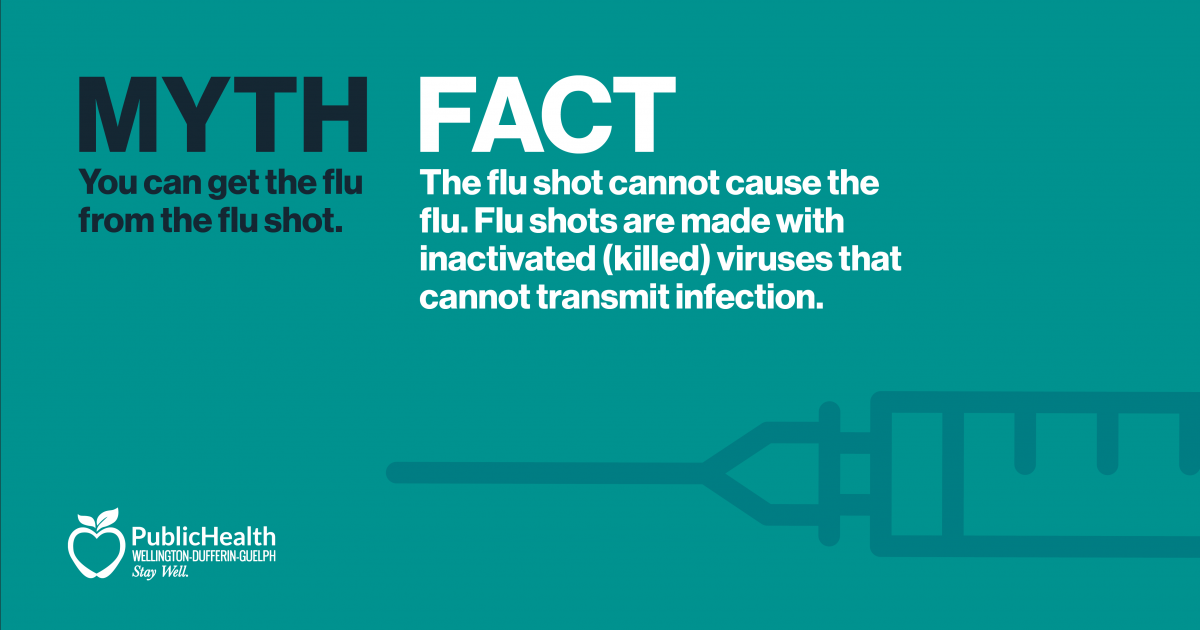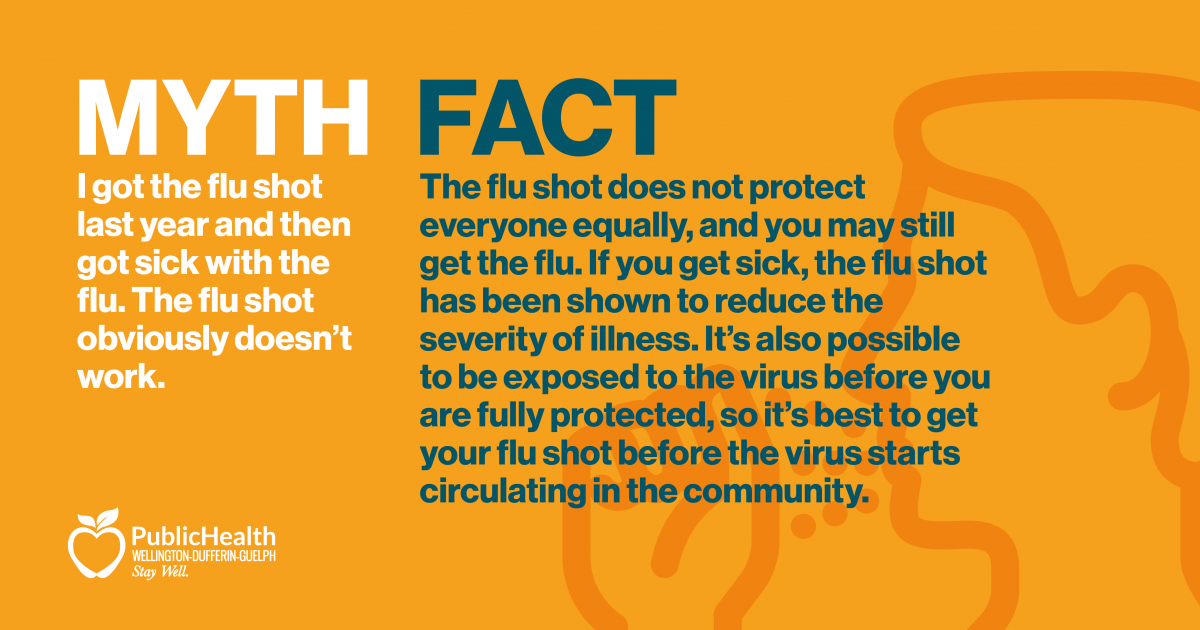The 2020-21 flu season is upon us. My family and I always get our annual flu shots, and thanks to COVID-19, more people in the community are looking to get one this year. If there is one thing this pandemic has taught us (among many other things), it is what life is like without a vaccine for a highly infectious, and in some cases, deadly, virus. This has fostered a greater appreciation for the critical role vaccines play in the health of families, communities and economies, worldwide.
So, why is the flu shot so important? To put it simply, the flu shot is your best defense against the flu. Everyone 6 months and older should get a flu shot. It protects you if you are exposed to the virus and may prevent you from getting very sick. You are also less likely to spread the virus so your flu shot protects people close to you, which is important as some people are at higher risk of serious complications if they get the flu (like newborns or the elderly).

New to the “Pros” list for a flu shot this year - getting a flu shot also reduces your chances of getting sick with the flu and possibly getting COVID-19 at the same time, which could lead to serious complications. Getting your flu shot is also an important way to help keep our health care system intact during the pandemic by decreasing flu-related hospitalizations and emergency room visits.
Australia, whose flu season recently ended, had the highest ever rates of flu vaccine uptake this year. High flu shot uptake, in combination with other public health measures put in place to control the spread of COVID-19 (i.e., frequent hand-washing, physical distancing and mask-wearing), resulted in their mildest flu season in recent history. There is good reason to expect that if flu shot uptake is high in our community, along with careful adherence to COVID-19 public health measures, we may also have a mild flu season this year. A COVID silver lining!
But, can I get the flu from the flu shot? NO!

I hear this time and time again, year after year. Some version of, “Well, I got the flu shot last year and then got the flu, so I won’t be getting one again.” The fact is, the flu shot cannot cause the flu. Flu shots are made with inactivated (killed) viruses that cannot transmit infection. People also ask, “So, how do you explain the scenario where someone gets a flu shot but still gets sick with the flu?” There are several explanations why someone might get the flu even after getting a flu shot.
- One reason is that some people can get sick from other respiratory viruses that spread during flu season that cause similar flu-like symptoms. The flu shot only protects against influenza, not other illnesses.
- Another explanation is that it is possible to be exposed to the flu shortly before getting immunized or during the two-week period after immunization that it takes your body to develop immune protection. This exposure may result in someone getting sick with the flu before protection from the vaccine takes effect.
- A third reason why someone might get the flu despite getting the flu shot is that they may have been exposed to a strain of the flu that is different from the strains that the flu shot is designed to protect against. The ability of a flu vaccine to protect you depends in large part on the similarity or “match” between the strains selected to make the vaccine and those spreading during flu season.
- The final explanation for someone getting the flu after getting a flu shot is that flu vaccines vary in how well they work, and some people who get immunized still get sick. When this happens though, getting a flu shot has been shown to reduce the severity of illness.
Is there enough flu vaccine to go around?
With the demand for flu shots being so high this season, there are questions about whether there is enough flu vaccine to meet the needs in our community. People need not worry about flu shot availability. WDG Public Health has the ability for everyone who wants a flu shot in our community to get one.
Public Health receives and administers the flu vaccine directly to the public through Public Health flu shot appointments, as well as through distribution of the vaccine to health partners, such as local physicians. Public Health has dedicated vaccine coordinators who work directly with our partners to ensure timely delivery of the flu vaccine across the region. Pharmacies have a separate process to receive and administer their supply of flu vaccine.
There are several ways to get a flu shot this year:
- At select local pharmacies
- Through your primary care provider
- Through an appointment at Public Health
- At community flu clinics
Public Health and health partners throughout Wellington, Dufferin and Guelph are working to add additional flu shot appointments. For those that have been unable to schedule an appointment, please continue to check for availability. Visit wdgpublichealth.ca/flu for more information.

